Business and Human Rights
Malaysia
Environment, Society and Governance
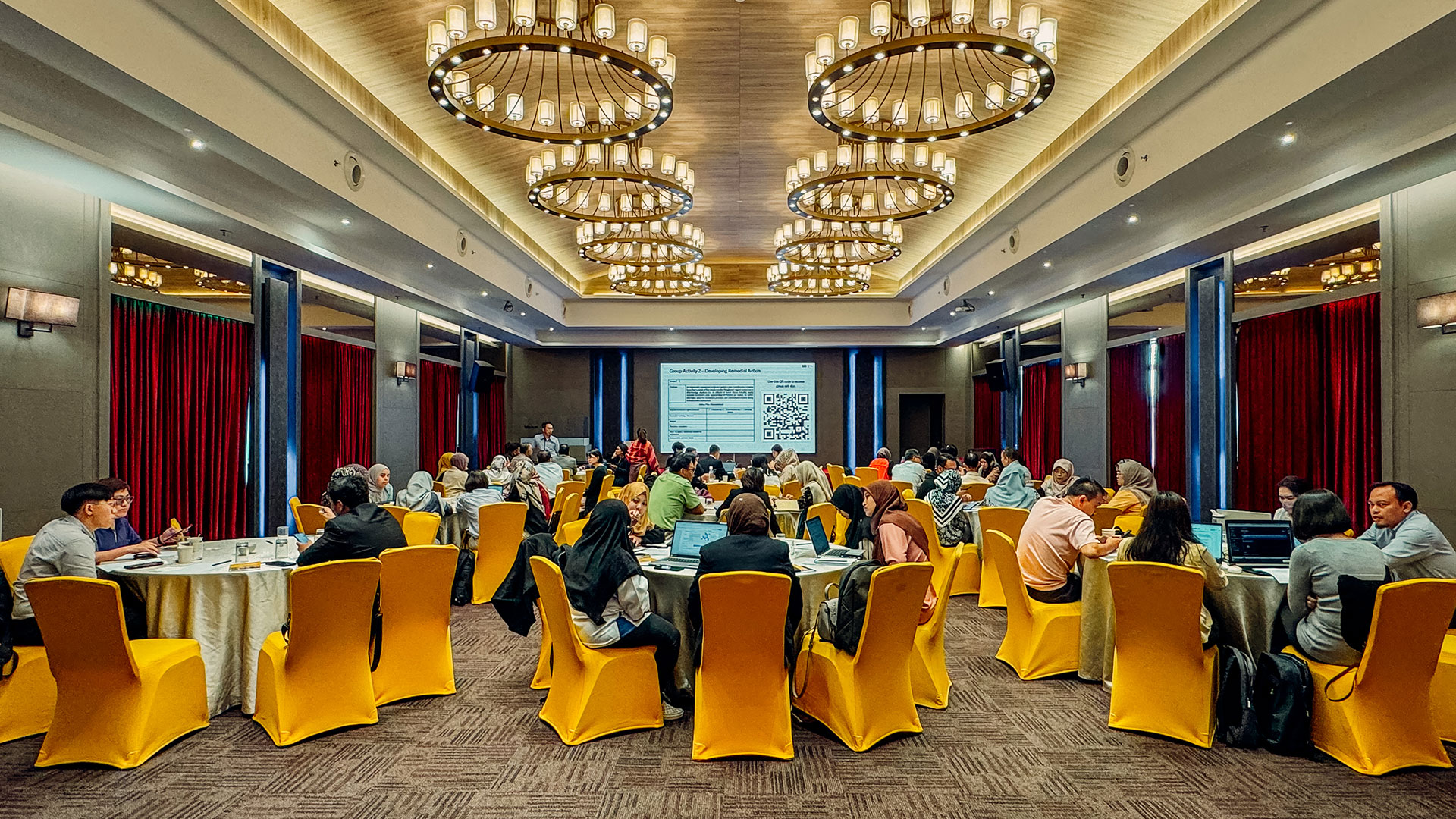
Training facilitator went over the information seeking form
In recent years, supply chain practices have gained more attention as media report on human rights allegations against companies. The push for mandatory human rights due diligence (mHRDD) in the region has intensified. If imposed, mHRDD would compel companies to go beyond outlining “commitments” to human rights. They must fill the gaps in their HRDD processes, take action, and provide remediation. Engagements with government agencies, the business community and civil society revealed inadequate capacity-building for companies regarding their supply chains. While larger companies may have the resources and capacity to comply with human rights standards, smaller often do not. There were also requests for training programs to support these companies.
Against this backdrop, AmerBON and FNF, in collaboration with the Ministry of Investment, Trade, and Industry, the Federation of Malaysian Manufacturers and the Collective of Applied Law and Legal Realism (CALR), organized workshops for companies in the manufacturing sector, including small- and medium-sized companies: “A Conversation on BHR-ESG, Sustainability, and Due Diligence Compliance and Reporting in Malaysia & i-ESGStart Clinic”. The workshops have taken place in three regions of Malaysia. Representatives from more than 150 companies attended the workshops.
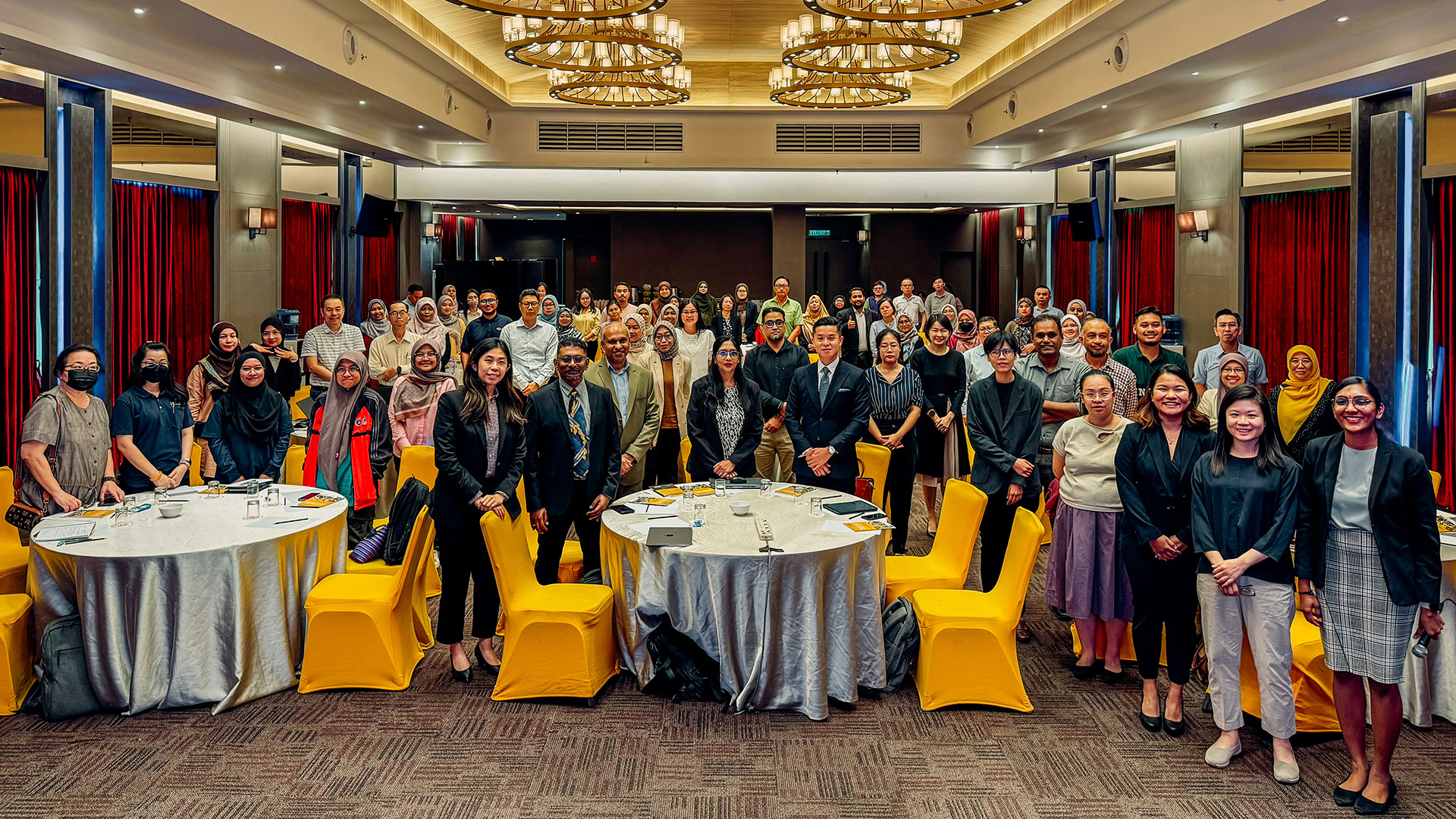
The programs provided an overview of the government’s initiative to drive the BHR-ESG (business and human rights - environment, social and governance) agenda through the National Industry ESG framework (i-ESG). They increase companies’ awareness and understanding of BHR-ESG, sustainability and due diligence compliance and reporting. They also gauge the effectiveness of self-assessments of the i-ESG framework among manufacturing sector companies. The programs included sessions on HRDD. Trainings were based on both editions of the Business and Human Rights in Southeast Asia GuideKits:
- A GuideKit for SMEs on Human Rights Compliance regarding the Environment and Labour and
- A GuideKit to Operationalise Human Rights Due Diligence on Forced Labour.
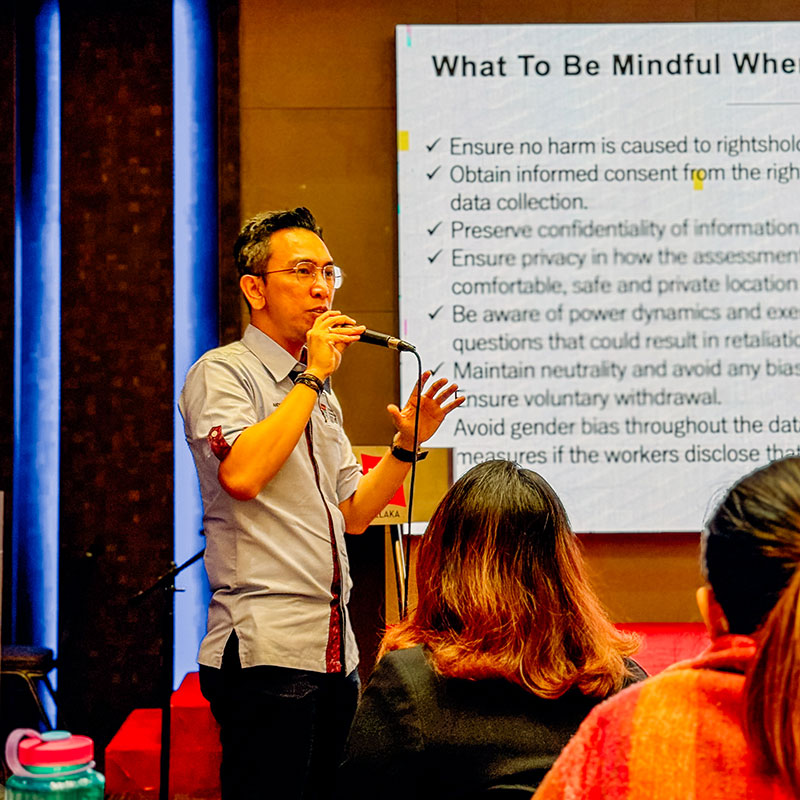
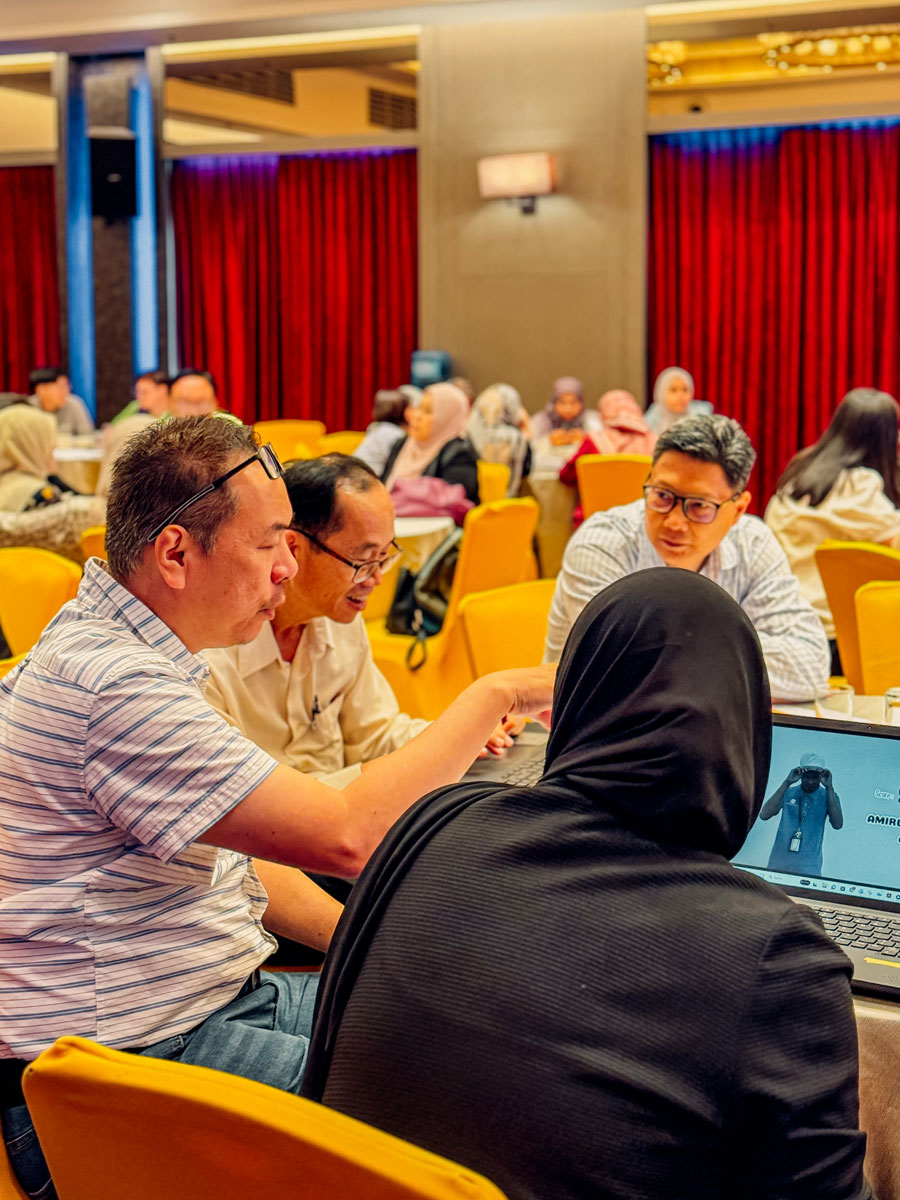
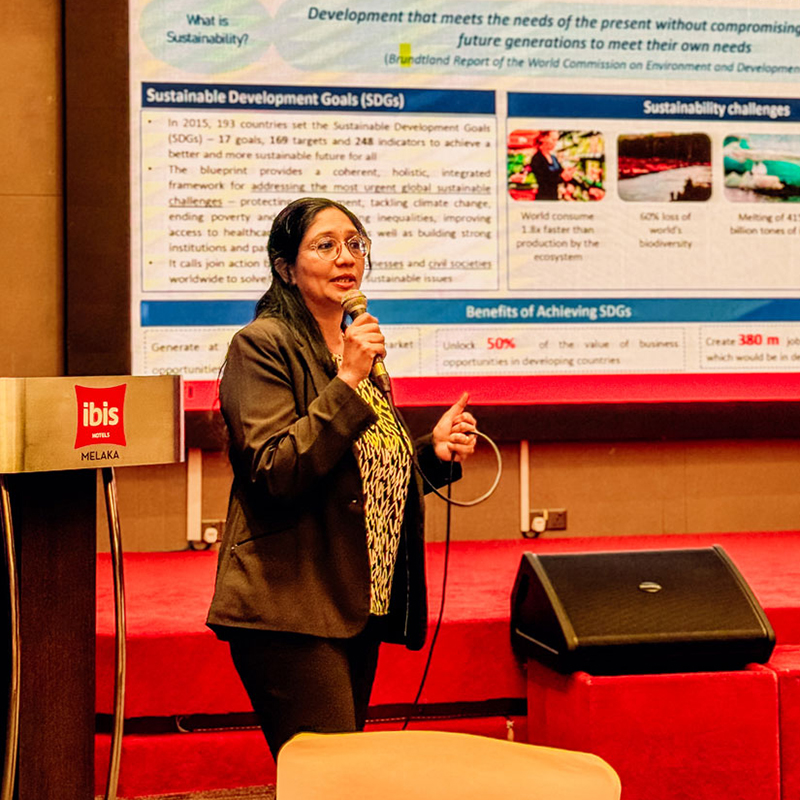
Business and human rights
